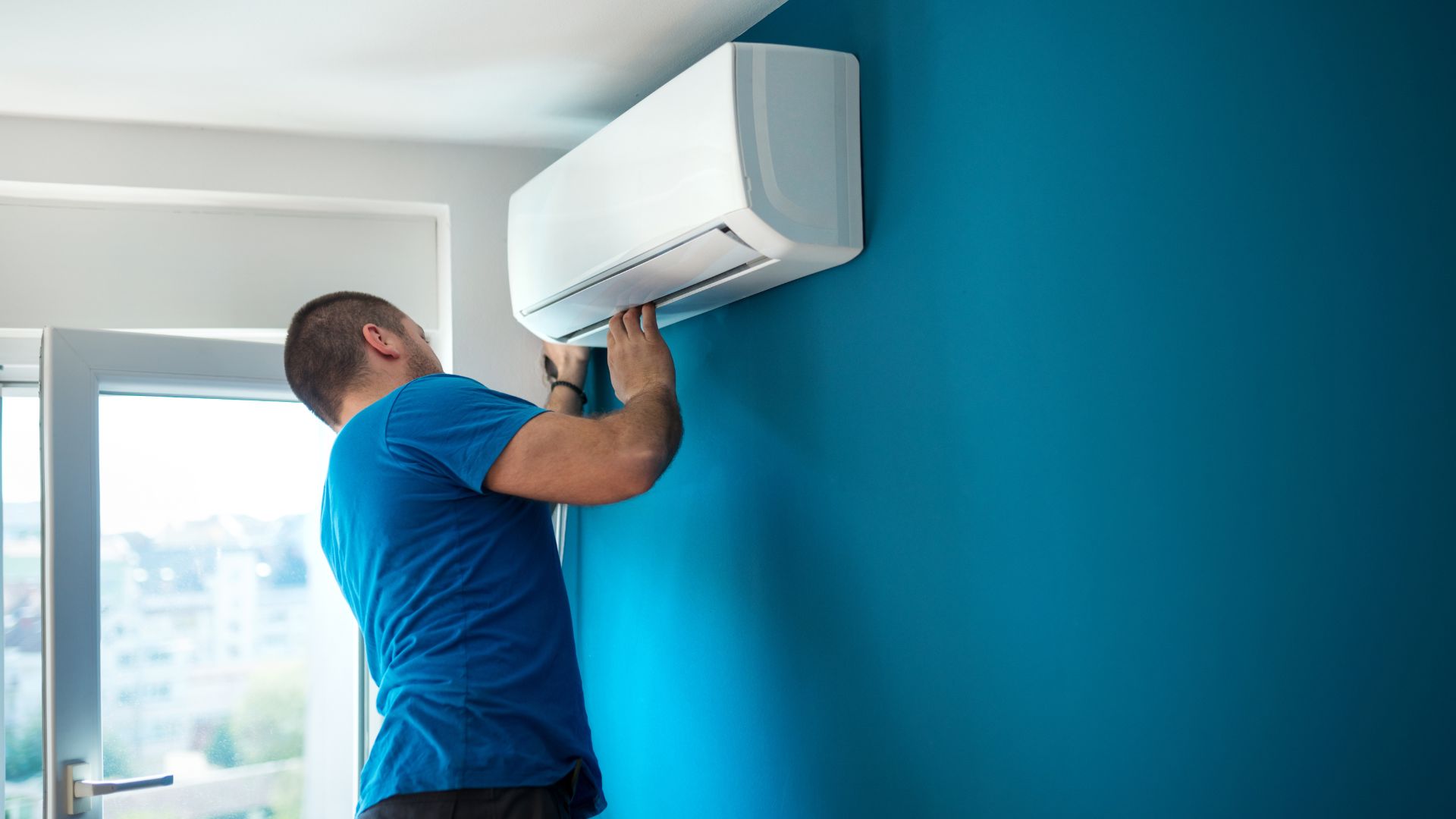

Articles
What Is Short Cycling AC
Modified: November 2, 2024
Discover the causes and solutions for short cycling in your air conditioning system. Read our informative articles to learn more and prevent further damage.
(Many of the links in this article redirect to a specific reviewed product. Your purchase of these products through affiliate links helps to generate commission for Storables.com, at no extra cost. Learn more)
Introduction
When it comes to keeping our homes cool and comfortable during the scorching summer months, air conditioning units play an essential role. However, there may be times when our air conditioning system exhibits a strange behavior known as short cycling. Short cycling refers to the rapid turning on and off of the AC unit, which can disrupt its efficiency and lifespan.
In this article, we will delve deeper into the concept of short cycling, understand its causes, explore its consequences, and discuss preventive measures to avoid this issue. By gaining a better understanding of short cycling, you will be equipped with the knowledge needed to maintain optimal functioning of your AC and save on energy costs.
Key Takeaways:
- Short cycling in AC units can lead to reduced efficiency, inconsistent temperatures, and increased wear and tear. Preventive measures such as proper sizing, regular maintenance, and clean air filters can minimize the risk of short cycling.
- Addressing short cycling in air conditioning systems is crucial to prevent increased energy consumption, poor indoor air quality, and premature system failure. Proactive steps, including upgrading thermostats and improving insulation, can help maintain optimal AC performance.
Read more: What Is HVAC Short Cycling
Understanding Short Cycling
Short cycling in air conditioning systems occurs when the unit turns on and off rapidly, often in quick succession. Instead of running through a complete cooling cycle, the AC unit shuts down prematurely and starts up again. This erratic behavior can lead to several problems, including decreased efficiency, increased energy consumption, and potential damage to the system.
Short cycling is not only an inconvenience but also a major concern for homeowners. It affects the overall comfort of the living space and can result in inconsistent temperature regulation. Additionally, short cycling puts unnecessary stress on the system’s components, such as the compressor, which can lead to expensive repairs or even complete system failure if left unaddressed.
Identifying short cycling is relatively straightforward. You may notice that your air conditioner is starting and stopping frequently, often running for only a few minutes at a time. This can be observed by listening for the sound of the system turning on and off or noticing that the air blowing from the vents fluctuates in intensity.
Now that we have a basic understanding of short cycling, let’s explore some of the common causes that can lead to this issue.
Causes of Short Cycling
Short cycling can be caused by various factors, and it’s important to identify the root cause to effectively address the issue. Here are some common causes:
- Oversized or undersized unit: If your air conditioning unit is not properly sized for your home, it can lead to short cycling. An oversized unit cools the space too quickly, causing it to reach the set temperature before completing a full cooling cycle. On the other hand, an undersized unit may struggle to cool the space, leading to frequent cycling as it tries to maintain the desired temperature.
- Faulty thermostat: A malfunctioning thermostat can send incorrect signals to the AC unit, causing it to turn on and off at irregular intervals. This can be due to wiring issues, sensor problems, or a faulty temperature reading. It is essential to ensure that your thermostat is properly calibrated and functioning correctly.
- Refrigerant leaks: Refrigerant plays a crucial role in the cooling process of an air conditioning system. If there is a refrigerant leak, the system may not have enough refrigerant to complete a full cooling cycle, resulting in short cycling. Regular maintenance and inspection of your AC unit can help identify and address any refrigerant leaks.
- Clogged air filters: Air filters in your AC unit can become clogged with dust, dirt, and debris over time. When the air filters are dirty, the airflow may be restricted, causing the system to overheat and trigger short cycling. It is important to clean or replace the air filters regularly to ensure proper airflow.
- Faulty fan motor: The fan motor in your air conditioning system helps circulate the cooled air throughout your home. If the fan motor is malfunctioning or not operating optimally, it can lead to improper heat transfer and cause the air conditioner to short cycle. Regular maintenance and timely repairs can help prevent this issue.
These are just a few of the common causes of short cycling in air conditioning units. It is recommended to consult with a professional HVAC technician to accurately diagnose the cause and provide appropriate solutions to resolve the problem.
Short cycling in an AC occurs when the system turns on and off frequently, leading to inefficient cooling and potential damage. Causes include dirty air filters, low refrigerant levels, or oversized units. Regular maintenance and proper sizing can help prevent short cycling.
Consequences of Short Cycling
Short cycling can have several negative consequences for your air conditioning system and your overall comfort. Let’s explore some of the significant consequences of this issue:
- Reduced efficiency: Short cycling significantly reduces the efficiency of your AC unit. When the system turns on and off frequently, it doesn’t have enough time to reach its optimal performance, resulting in less efficient cooling. This inefficiency can lead to higher energy bills as the unit consumes more energy to cool your home.
- Inconsistent temperature: Short cycling can lead to inconsistent temperature regulation in your living space. The AC unit may not run for long enough to cool the air adequately, causing temperature fluctuations. This can result in discomfort and an inconsistent cooling experience throughout your home.
- Increased wear and tear: The rapid cycling of the AC unit puts excessive stress on its components. This increased wear and tear can lead to premature aging of the system, potentially causing breakdowns and the need for costly repairs or replacements.
- Poor indoor air quality: When an air conditioning system short cycles, it doesn’t have enough time to properly dehumidify the air. As a result, moisture can accumulate in your living space, leading to higher humidity levels and potential mold and mildew growth. Poor indoor air quality can lead to health issues, including respiratory problems and allergies.
- Shortened lifespan of the system: Constant short cycling can significantly decrease the lifespan of your air conditioning unit. The frequent on-off cycles put strain on the compressor, fan motor, and other critical components, leading to premature failure. Regular short cycling can even necessitate the need for a complete system replacement.
It is essential to address short cycling as soon as you notice the issue to prevent these consequences from worsening. Taking proactive steps to avoid short cycling can help maintain the efficiency and longevity of your air conditioning system.
How to Prevent Short Cycling
Preventing short cycling in your air conditioning system is crucial to ensure efficient cooling, reduce energy consumption, and extend the lifespan of your unit. Here are some effective preventive measures you can take:
- Proper sizing: Ensure that your AC unit is properly sized for your home. An HVAC professional can perform a load calculation to determine the right size for your space. An accurately sized unit will run longer and complete full cooling cycles, reducing the chances of short cycling.
- Maintain a clean air filter: Regularly clean or replace your air filters to prevent them from becoming clogged with dust and debris. Clean filters ensure proper airflow and prevent the system from overheating, reducing the risk of short cycling.
- Regular maintenance: Schedule annual maintenance visits with a qualified HVAC technician. They will inspect your air conditioning system, clean the coils, check refrigerant levels, and ensure all components are in good working condition. Regular maintenance can catch any potential issues before they lead to short cycling.
- Address refrigerant leaks: If you suspect a refrigerant leak, contact a professional technician to repair the issue promptly. Low refrigerant levels can cause the system to short cycle, so maintaining proper levels is essential for optimal performance.
- Upgrade your thermostat: Consider upgrading to a programmable or smart thermostat. These devices allow you to set temperature schedules, optimize energy usage, and prevent abrupt temperature fluctuations that may trigger short cycling.
- Improve insulation: Proper insulation in your home can help maintain a consistent temperature, reducing the workload on your air conditioning system. Ensure that your windows, doors, and walls are properly insulated to minimize heat gain and loss.
- Avoid blocking vents: Ensure that your air vents are not blocked by furniture, curtains, or other obstructions. Blocked vents restrict airflow, affecting the efficiency of your AC system and potentially leading to short cycling.
By following these preventive measures, you can minimize the risk of short cycling in your air conditioning system, improve its efficiency, and prolong its lifespan.
Read more: What Is Printer Duty Cycle
Conclusion
Short cycling in air conditioning systems can be a frustrating and costly issue. It disrupts the cooling process, reduces efficiency, and increases energy consumption. The consequences of short cycling, such as inconsistent temperatures and accelerated wear and tear, can impact your comfort and the lifespan of your AC unit.
However, by understanding the causes of short cycling and implementing preventive measures, you can effectively prevent this problem and maintain optimal performance of your air conditioner. Ensuring proper sizing, regular maintenance, clean air filters, and addressing refrigerant leaks are essential steps to minimize the risk of short cycling. Upgrading your thermostat and improving insulation also contribute to a more efficient and reliable cooling system.
If you suspect that your air conditioning system is experiencing short cycling, it is advisable to consult with a professional HVAC technician. They can accurately diagnose the issue and provide the necessary repairs or adjustments to prevent further damage to your unit.
Remember, prevention is key. By taking proactive measures to prevent short cycling, you can enjoy consistent cooling performance, lower energy bills, and extend the lifespan of your air conditioning system. Stay vigilant, perform regular maintenance, and address any issues promptly to ensure the efficient and reliable operation of your AC unit for years to come.
Frequently Asked Questions about What Is Short Cycling AC
Was this page helpful?
At Storables.com, we guarantee accurate and reliable information. Our content, validated by Expert Board Contributors, is crafted following stringent Editorial Policies. We're committed to providing you with well-researched, expert-backed insights for all your informational needs.
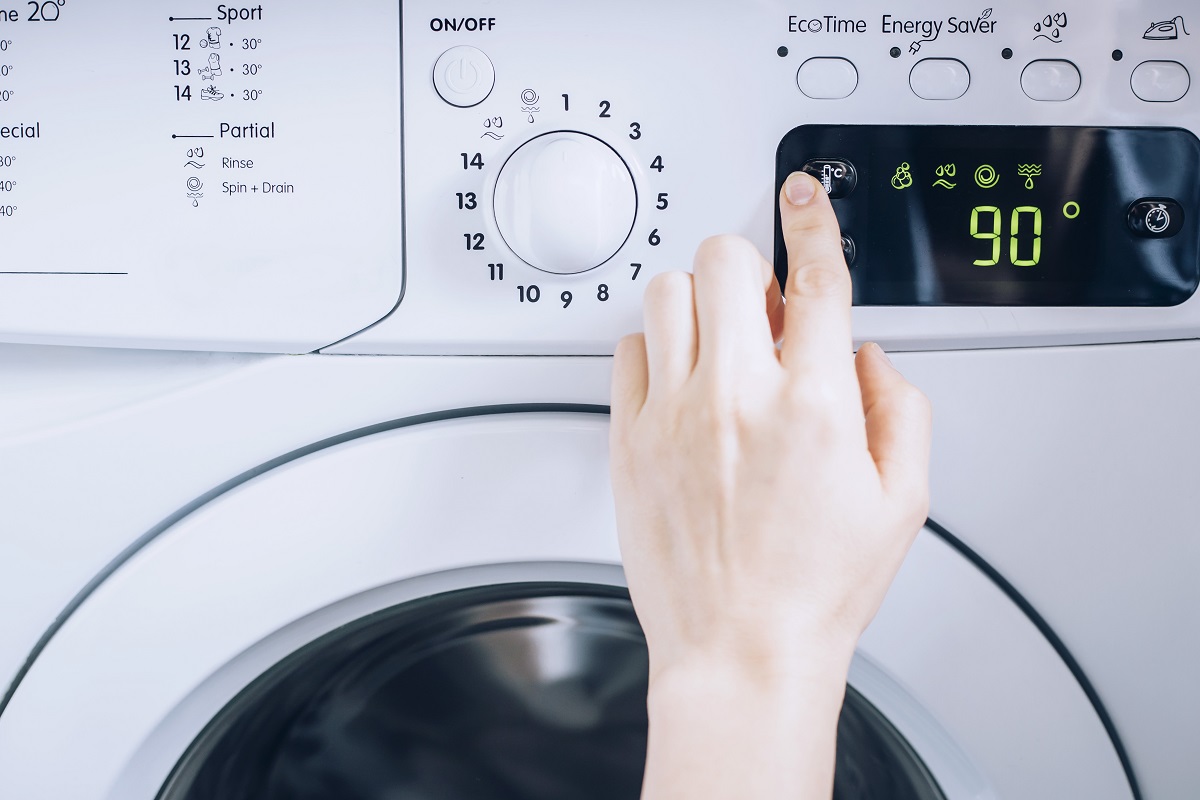

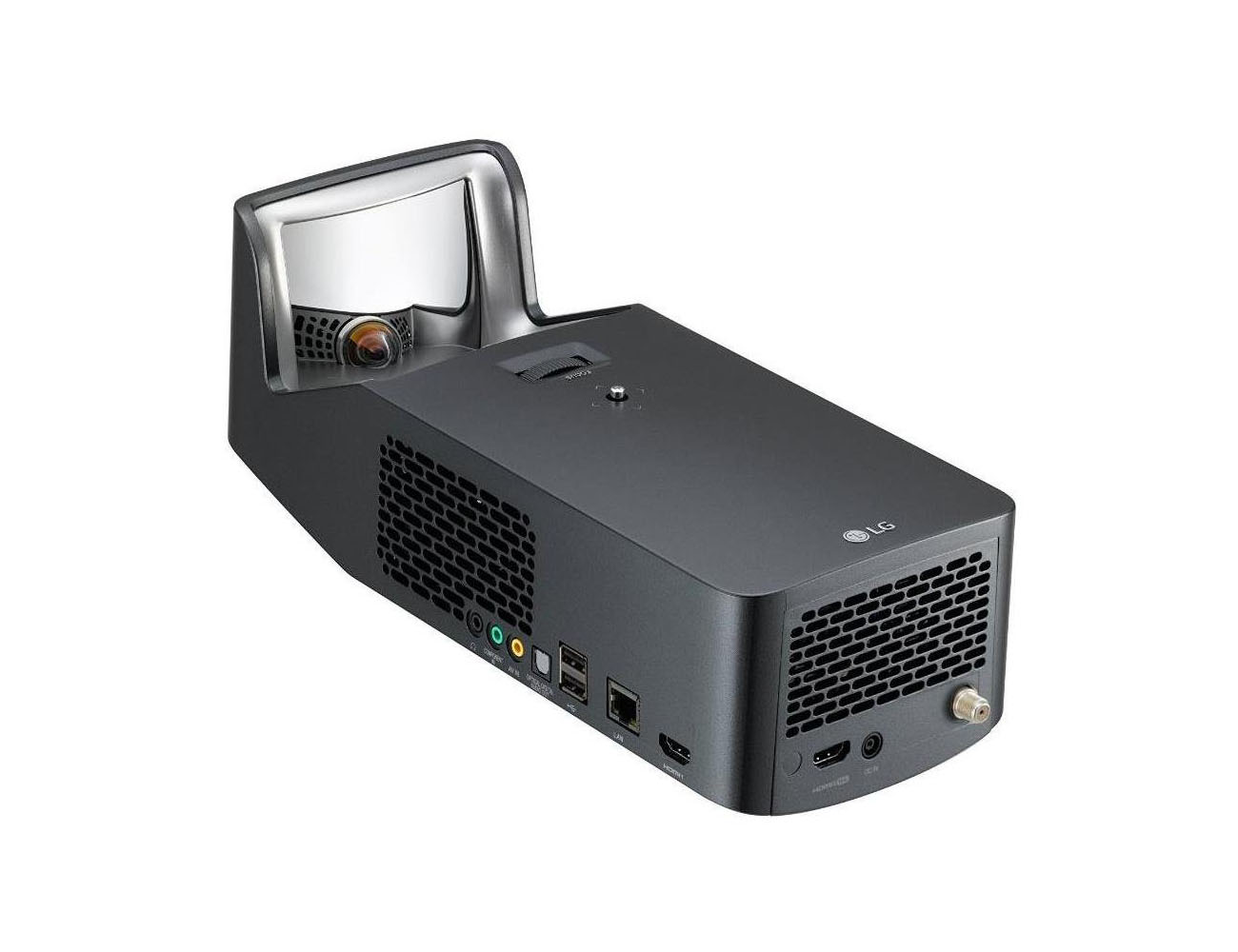
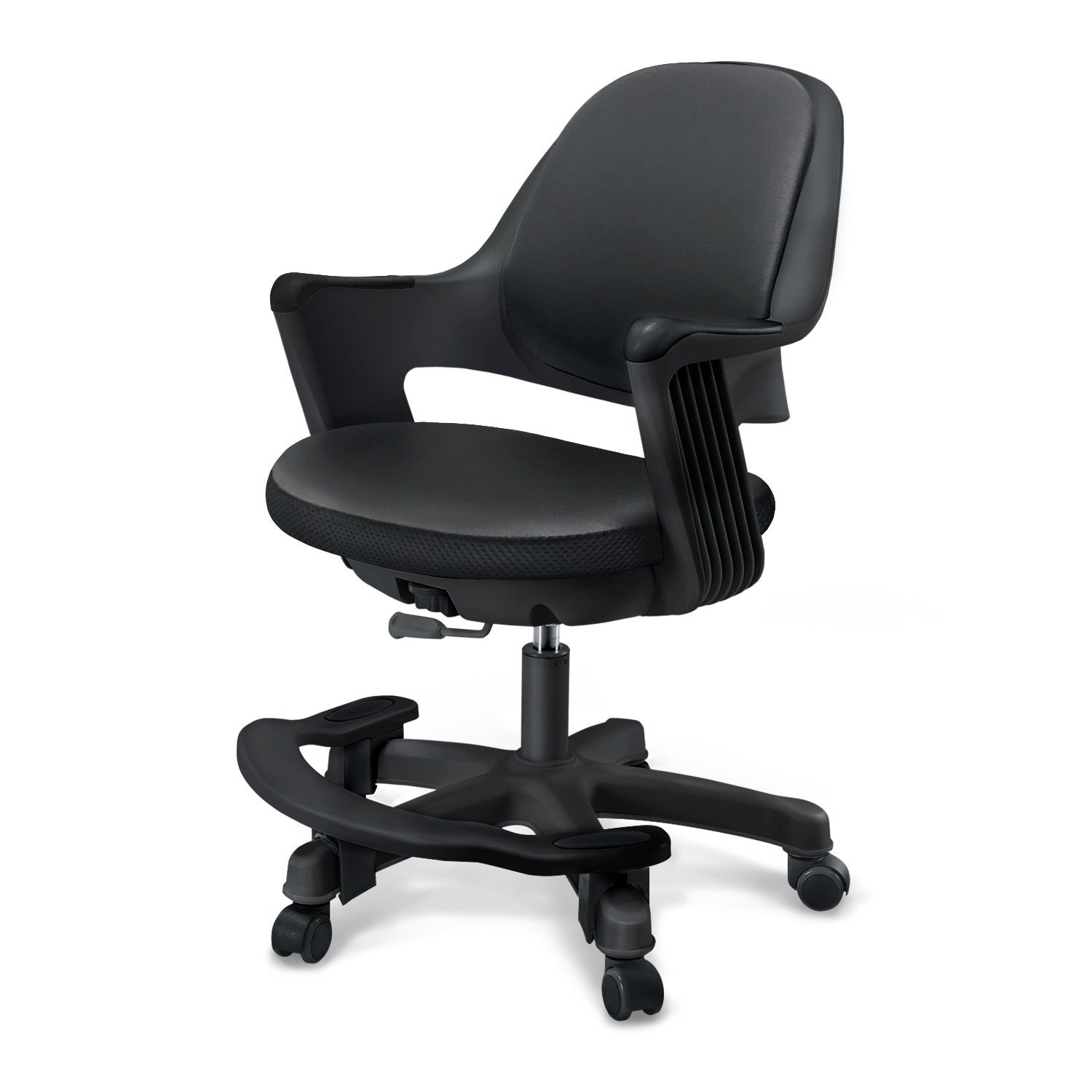
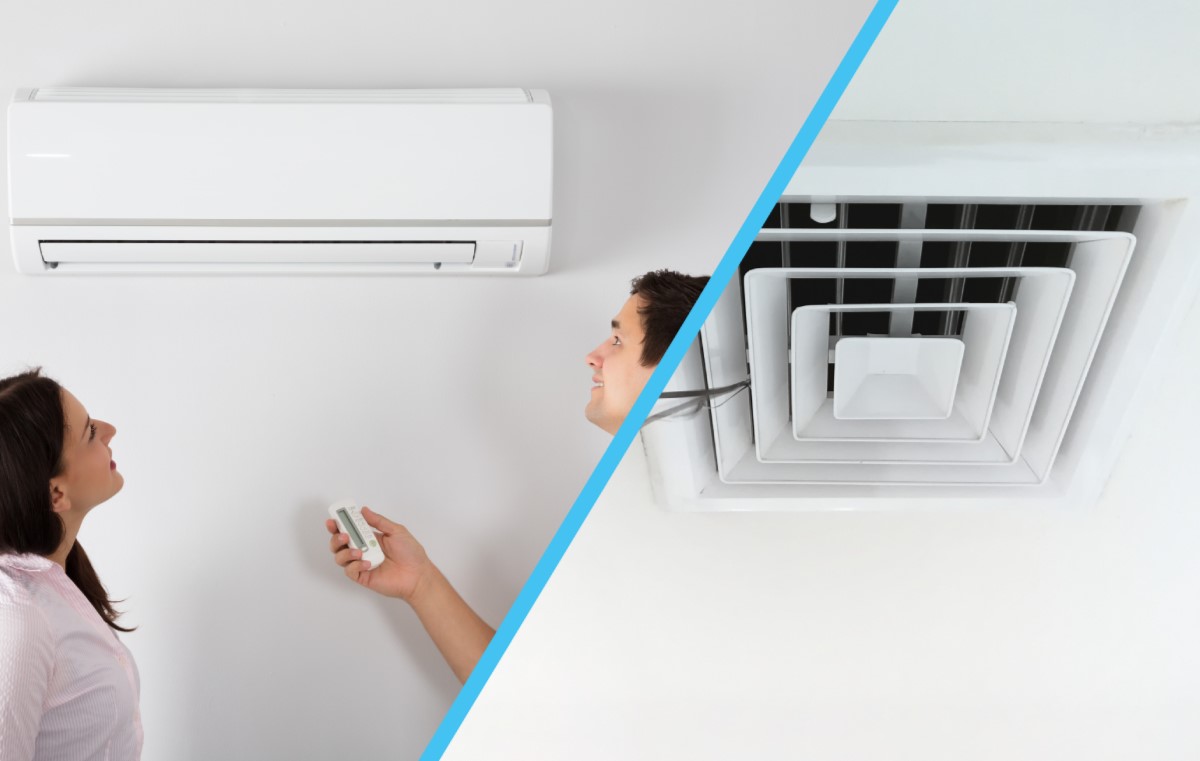
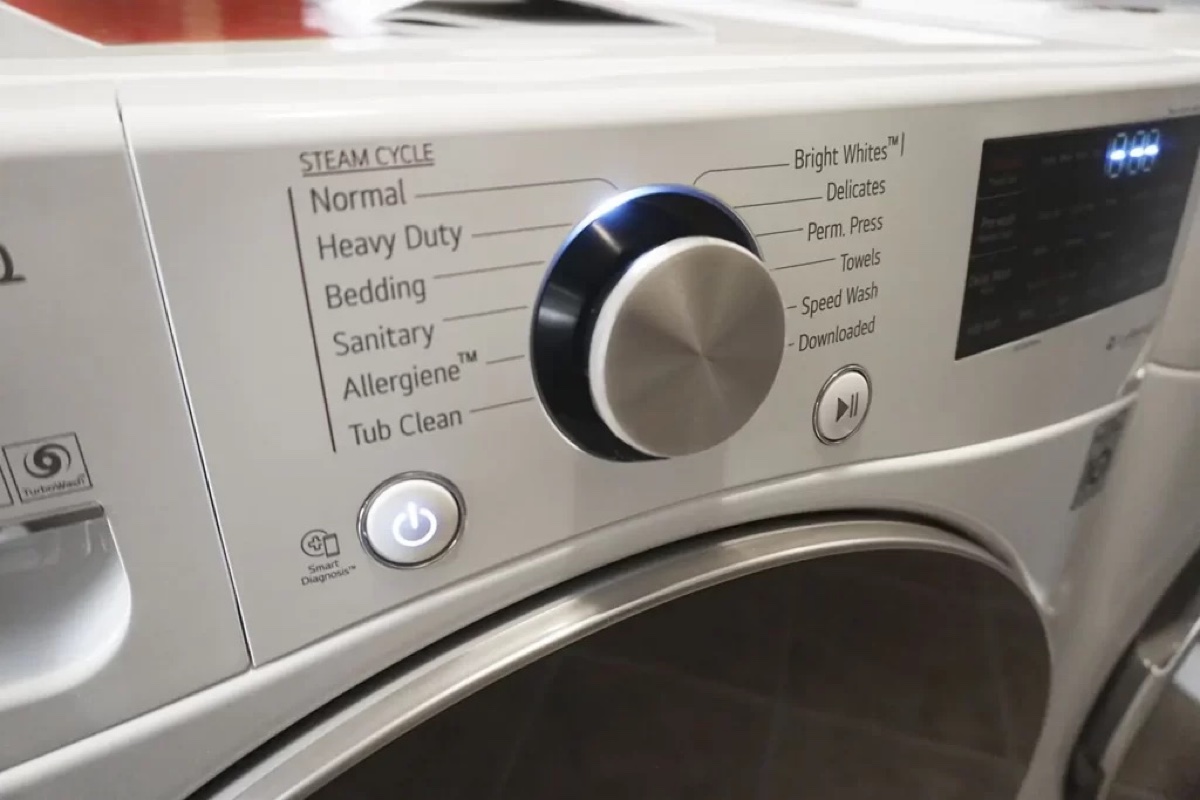

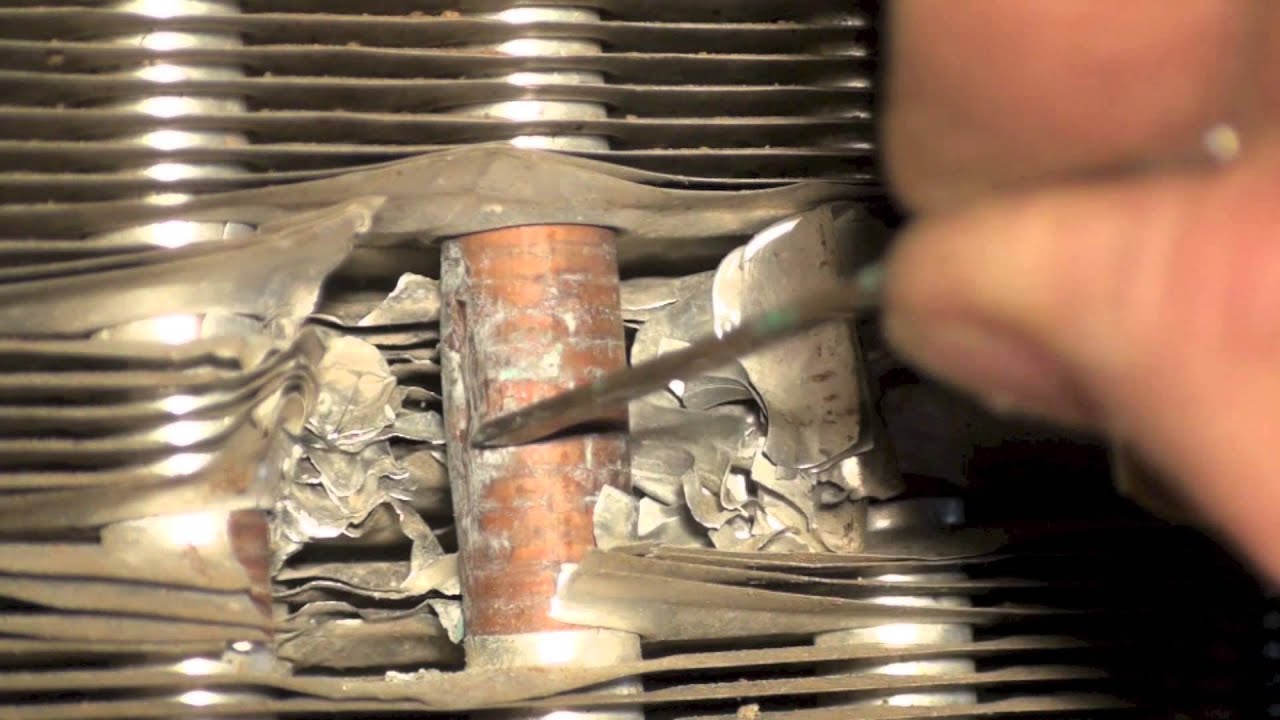


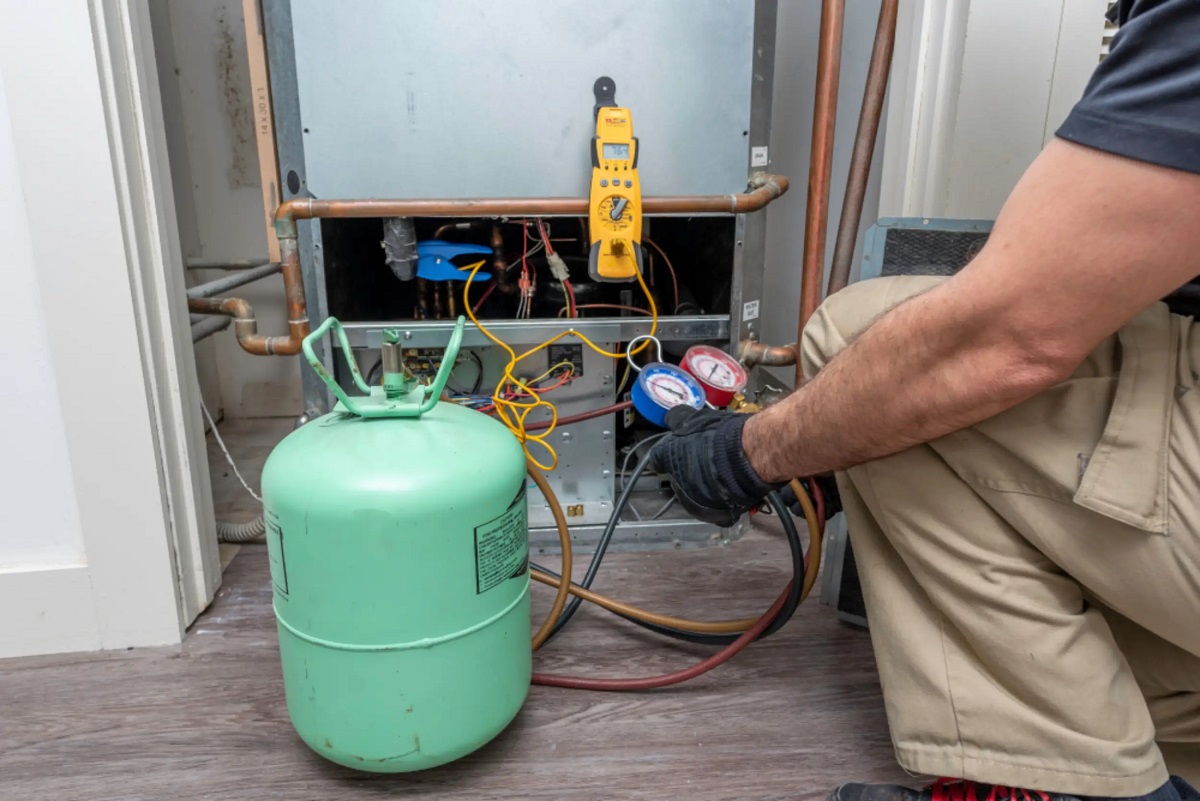
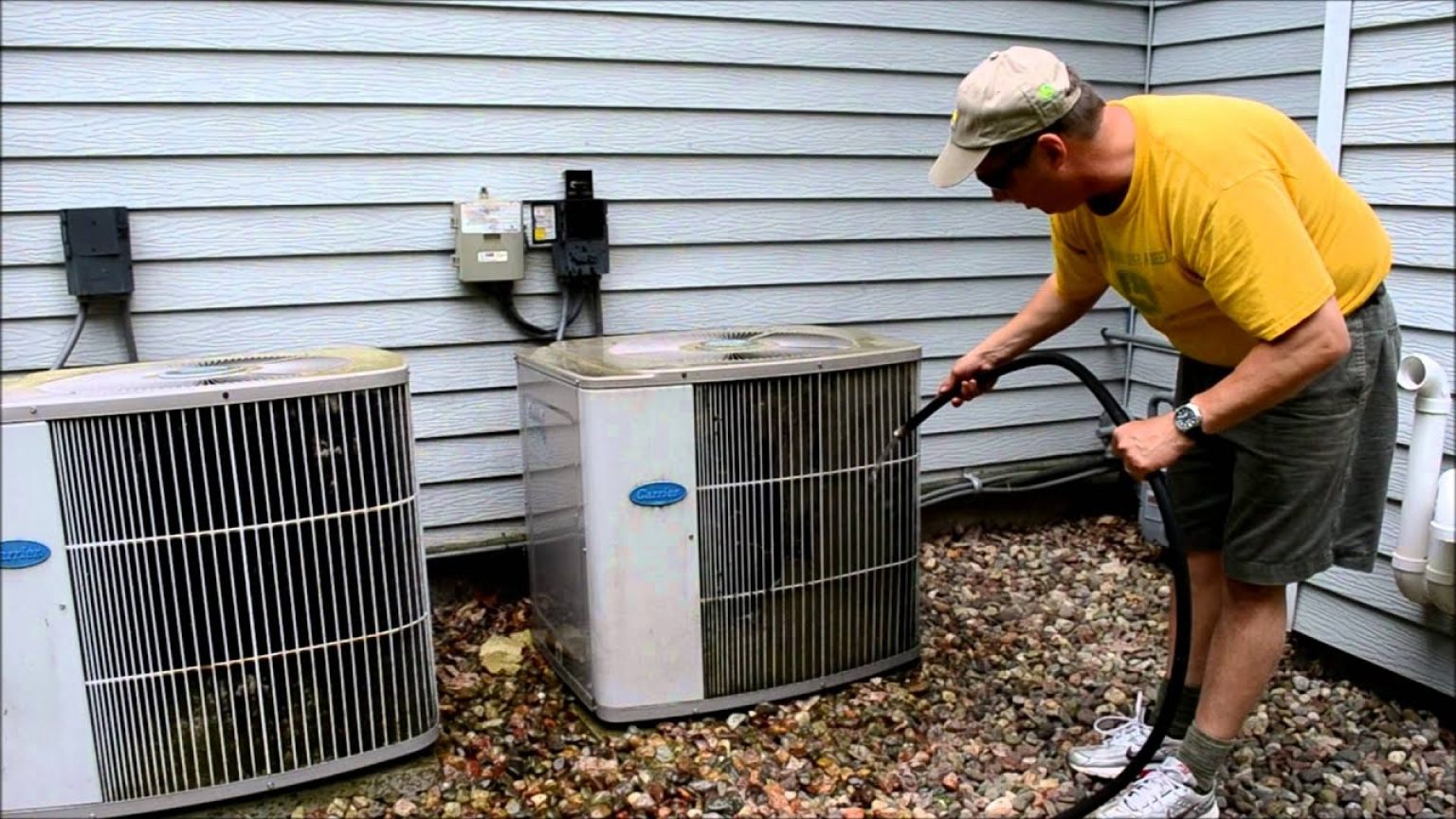
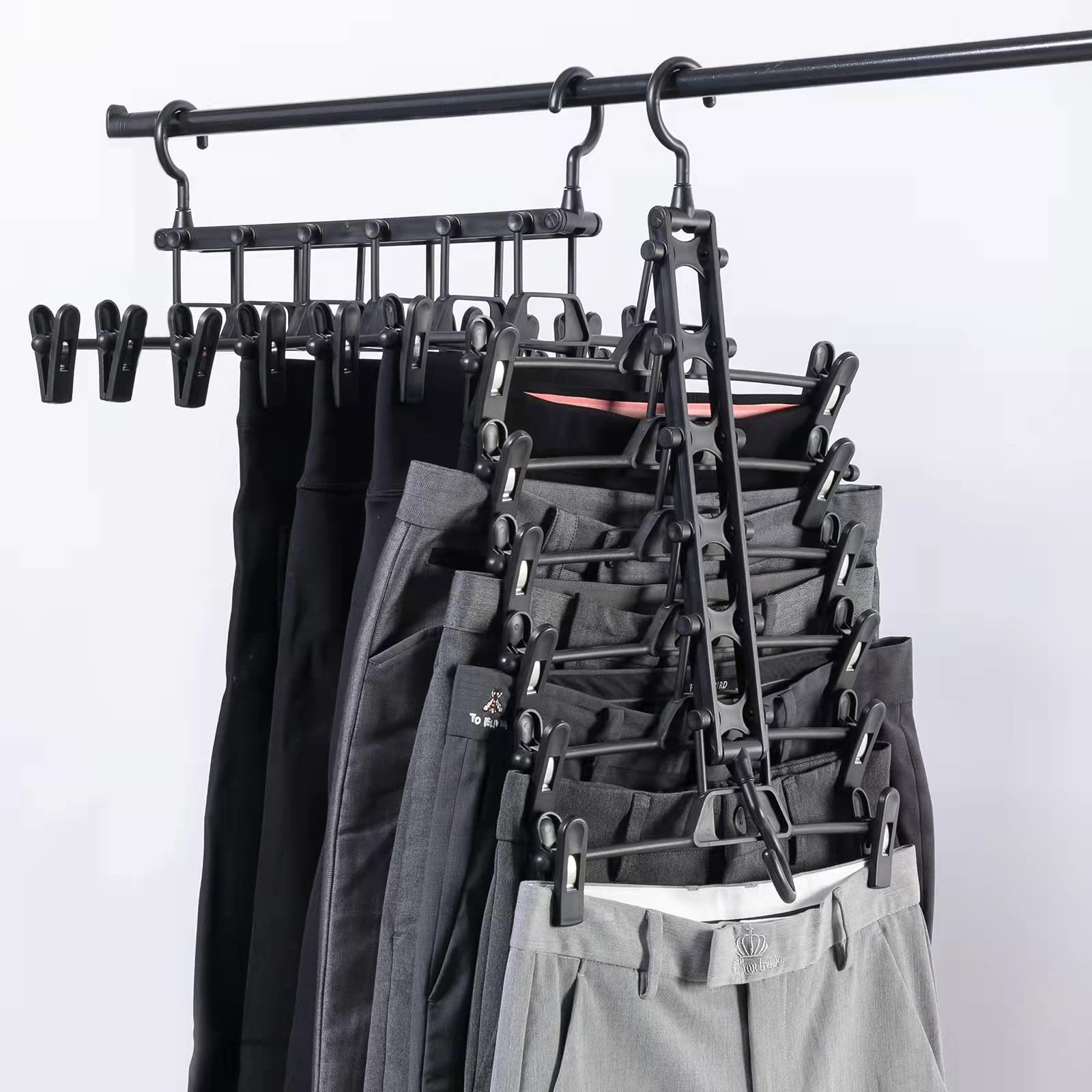
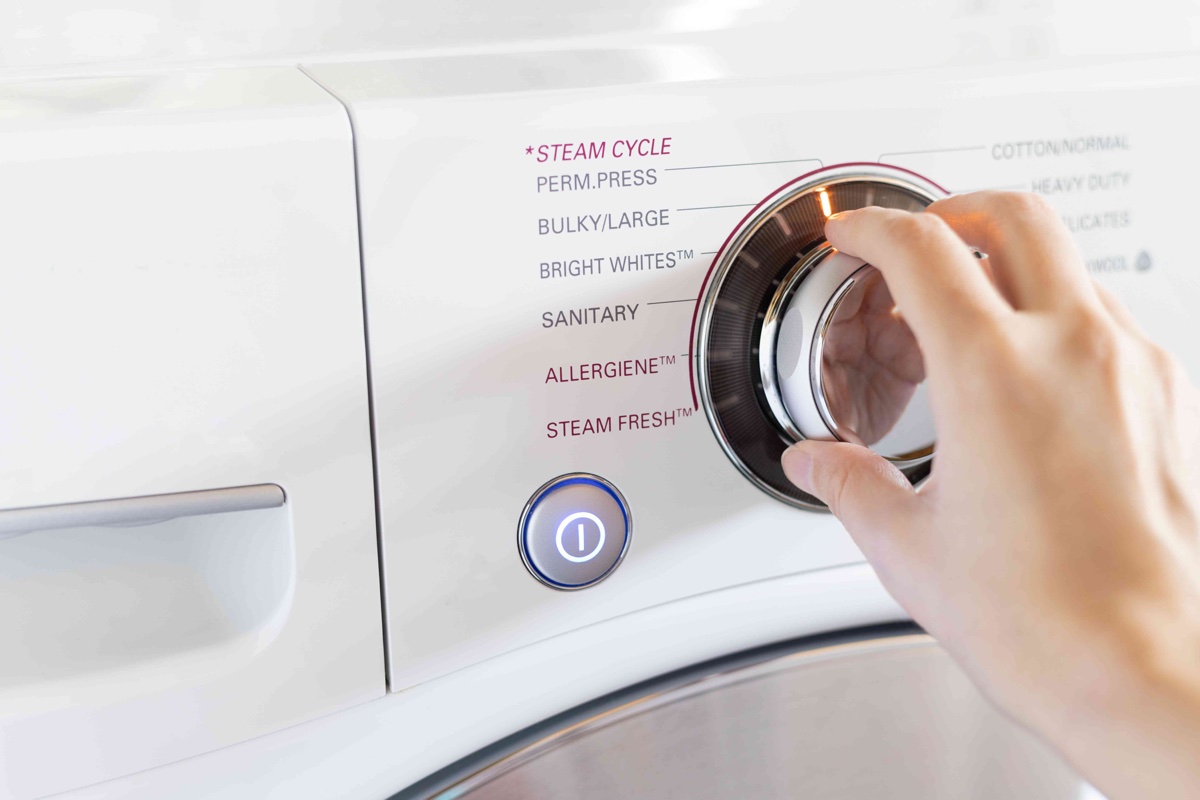

0 thoughts on “What Is Short Cycling AC”